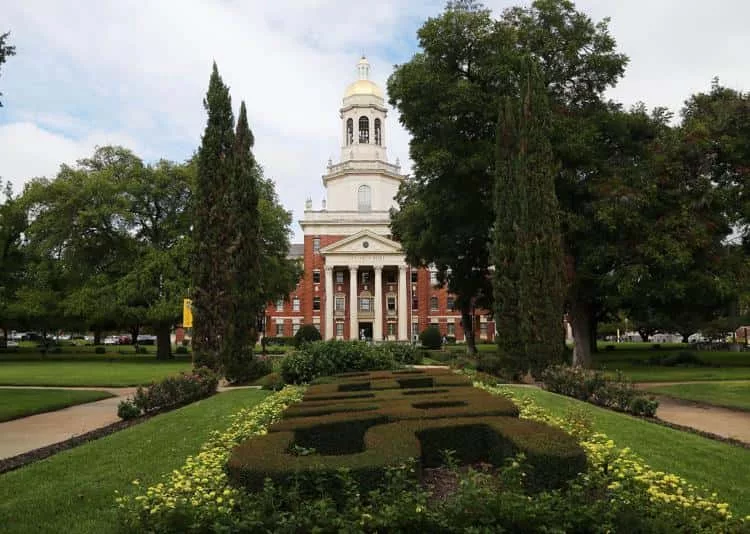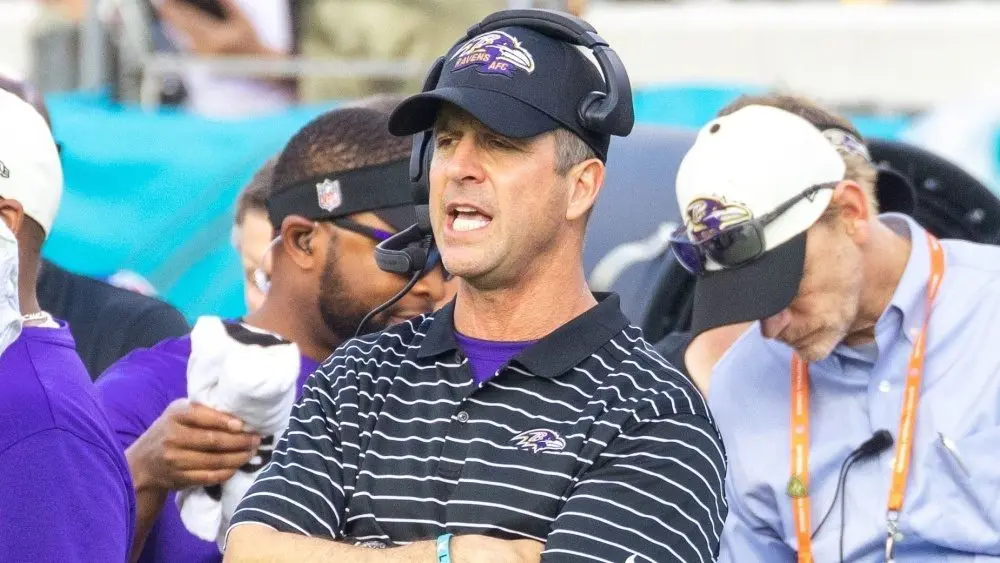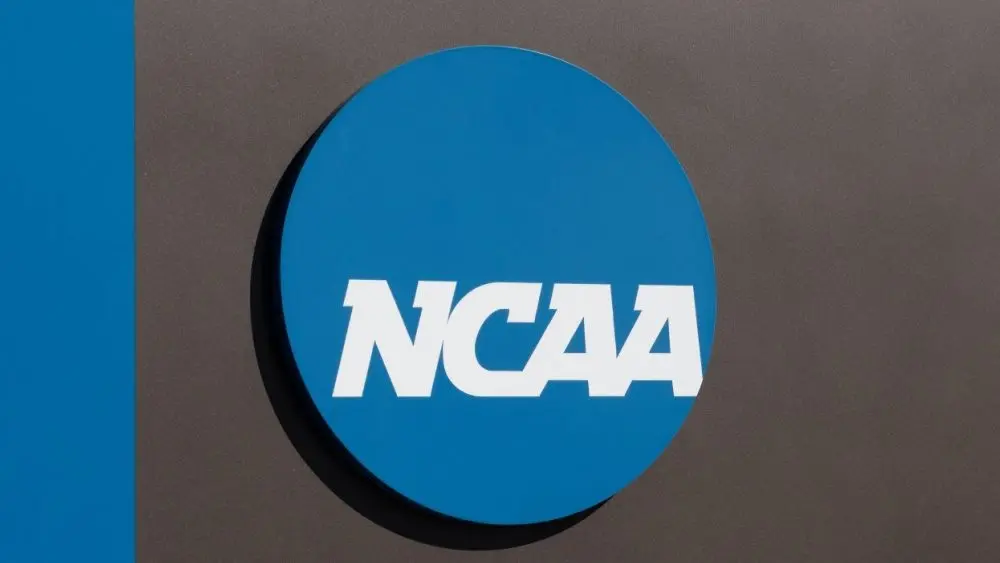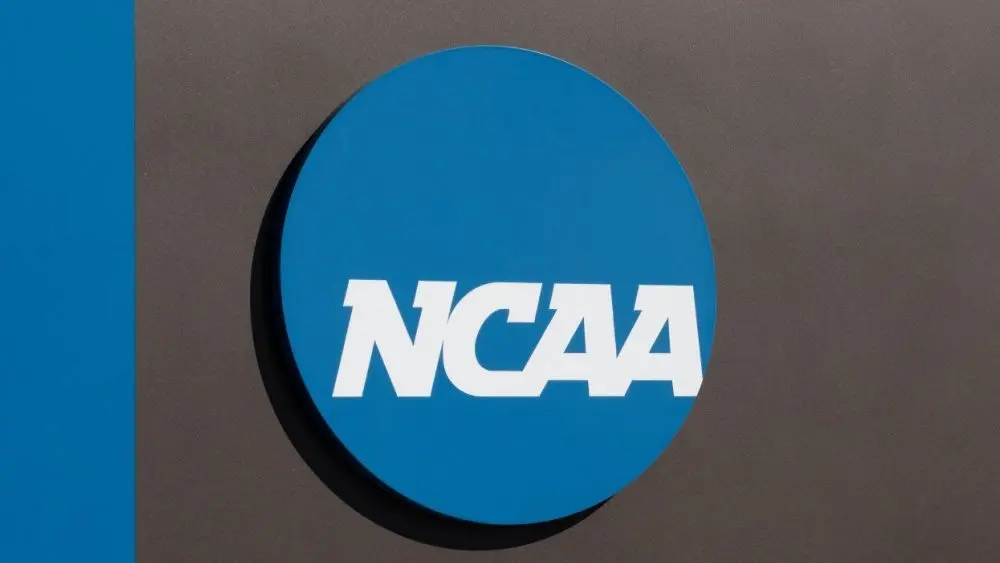
Baylor University has joined the growing list of institutions canceling classes and making other adjustments to address the COVID-19 pandemic. The university announced Wednesday afternoon it will extend its spring break by a week. When classes resume March 23, they will all be conducted online instead of in person for at least the following two weeks. The extended break is mostly intended to give faculty a chance to receive training and make the transition to an online format, Baylor spokesman Jason Cook said. Students will be allowed to return to their dorms Monday, the end of the original spring break period, if they choose to. All student meetings and activities, however, are suspended for the next three weeks.
“If you look at what’s happening around the country, the spread seems to be accelerating,” Cook said.
The World Health Organization on Wednesday officially named the COVID-19 outbreak a pandemic. The respiratory disease is caused by a coronavirus first detected in humans late last year in Wuhan, China. The severity of the disease can vary, but people with underlying health conditions and older people are most at risk for serious illness. As of Wednesday morning, the WHO reported 4,292 people worldwide and 25 people in the United States have died of the disease.
There have been 15 cases of the disease reported in Texas. No cases have been recorded in McLennan County, according to the Waco-McLennan County Public Health District.
About half of Baylor’s students are from outside the state and many are international students, Cook said. Dining facilities and dorms will remain open for the next three weeks based on demand.
“They will all be open at this point,” Cook said. “We don’t have a good gauge on when they’ll (students will) come back to campus.”
Faculty and staff will continue to work on campus, and business operations will continue as usual. Next week, faculty will sign up for training to help them make the jump to online classes.
The Baylor Law School’s regular class schedule does not follow the rest of the university’s, and the law school will start its online-only format a week sooner than the main campus, spokesman Ed Nelson said. Advocacy professors already teach online courses, Nelson said.
“Others will take this week to get up to speed,” he said. “We do have that advantage. We already have a chunk of our professoriate that have that experience.”
Baylor’s housekeeping staff will clean and disinfect dorms, dining halls, libraries, student centers and common spaces more frequently, along with common contact points including doorknobs, elevator buttons, light switches and bathrooms, according to a Baylor press release. The university also plans to add more stations with hand sanitizer.
All international travel for students, faculty and staff has been suspended through March 31, and the university is working to bring back study abroad groups and groups on mission trips.
The university assembled a COVID-19 task force in January, composed of 18 Baylor officials including Department of Public Safety Director Mark Childers, Vice President Robyn Driskell, Athletics Director Kenny Boyd and Director of Environmental Health and Safety Dennis Nolan. The task force is deciding how to handle large-scale events, conferences and gatherings slated for spring.
Home athletics competitions will continue with more aggressive cleaning procedures in place, and the university is waiting for additional guidance from the NCAA and Big 12 Conference, according to the press release.
Waco’s other colleges, McLennan Community College and Texas State Technical College, each have created information pages regarding COVID-19 that state they are monitoring the situation. Neither has announced plans to cancel classes or shift to online-only instruction.
Several other Texas universities announced plans Wednesday to extend their spring break then temporarily move to online classes, the Texas Tribune reported. They include the University of Texas at Austin, University of Texas at San Antonio and Texas A&M at San Antonio, Trinity University, Texas Christian University, the University of Houston, Prairie View A&M University, Southwestern University, Alamo Colleges District in San Antonio and Rice University, where an employee has been confirmed case to have the virus.
Texas A&M University announced earlier in the week it would extends its spring break through March 18 but not move classes to an online format. A Rice University employee tested positive for the disease last week, and the university closed temporarily starting Monday, with plans to reopen March 23.
Universities are not the only institutions taking preventative measures. The Department of Veterans Affairs announced its nursing homes, also called community living centers, and 24 spinal cord injury and disorder centers will stop allowing visitors. Only close family members of dying veterans will be permitted to visit.
The policy applies to two facilities in Temple and in Waco to the Doris Miller Department of Veterans Affairs Medical Center.
— WACOTRIB




